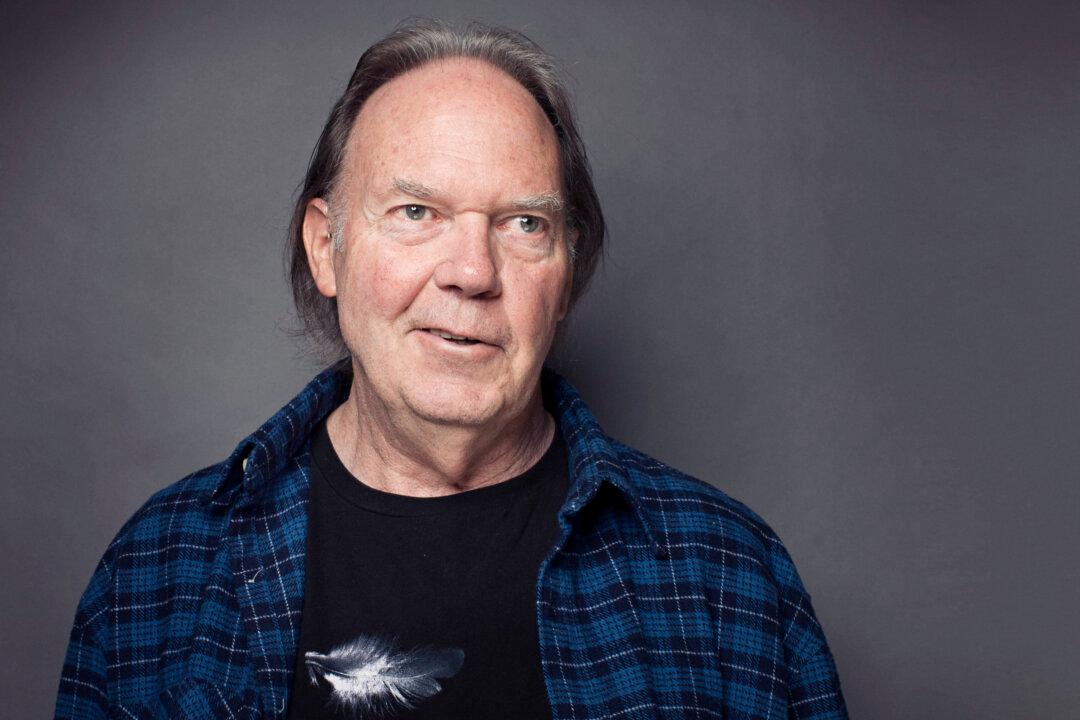You don’t have to be a fan of Neil Young to admit he’s winning the Canadian oil sands narrative. He’s a storyteller, after all, and, right or wrong, he’s doing a fine job of churning debate over the sensitive environmental and First Nations issues attached to the oil sands.
Oil sector defenders have seemingly done little more than point to Young’s idling buses to discredit him and prove his hypocrisy. Sure, the global demand for oil, even among rock stars, isn’t going down anytime soon, but that really isn’t the point. Nor is Young’s status as an expat Canadian, or history as a pot-smoking hippie. Separating the people from the problem is the first rule of effective discourse. By attacking the critic, rather than speaking to the issues, the sector is needlessly leaking credibility.
It’s a shame, too, because the oil patch has many things to celebrate about its relationships with First Nations and its environmental record. The stories are there, but they aren’t getting told. If the sector really wants to get out in front of these issues, it needs to change the way it tells its story.
First of all, acknowledge that these issues are legitimate, and as much a concern to you as they are to the rest of the world. Your record is not perfect, but Canada is widely recognized as a leader among responsible oil-producing countries, and is working hard at getting even better. Young’s characterization of the oil sands as a modern-day Hiroshima may have been poorly informed, but acknowledging that the underlying issues—although not Young’s characterization—are valid makes your credibility go up, not down. By acknowledging rather than dismissing, you diffuse the controversy. And you gain a perfect platform for speaking to your record in addressing those very issues.
Which brings me to my next point: Celebrate the great stories of success that are already there. It’s ridiculous to suggest that Canadian oil companies are blatantly ignoring the health and well-being of First Nations peoples. In addition to being the largest employer of First Nations peoples, numerous companies are helping First Nations businesses become suppliers to the oil patch, creating sustainable businesses that can grow long-term wealth. These stories about shared value often get lost, or are left to the beneficiaries to talk about. But by celebrating the innovative thinking behind your work, and telling real stories of human impact, you increase your ability to be heard, and to engage others in what you’re doing.
And here’s the final point: Inspire us with your vision and leadership. By acknowledging that there are gaps in performance, whether on the environmental or First Nations fronts, you can then tell us how you’re helping to close those gaps. Rather than talking about how many dollars you’ve invested in local communities, tell us why you’re doing it and what problem you’re trying to solve. Commit to achieving certain outcomes and hold yourself accountable. Then show us how you’re working toward those outcomes. By articulating a vision, a plan for moving the bar, and a willingness to communicate outcomes, you can engage others in the process, enhance your overall impact, and establish a level of credibility and a leadership role that only strengthens your social license to operate.
Here’s the bottom line: the social license to operate is really about trust. Trust is founded on positive relationships, and the basis for all relationships is two-way communication. Building the narrative isn’t just a nice idea; it’s essential for sustainability and growth. And by telling your story—acknowledging successes and shortcomings—the energy sector builds a credible platform on which to have real conversations about the issues. Even if they’re raised by a pot-smoking expat with a fleet of idling buses.
Joni Avram (causeeffect.ca) helps donors, businesses, and nonprofit enterprises gain credibility, build influence, and grow support through effective marketing and engagement strategies. © 2014 www.troymedia.com




